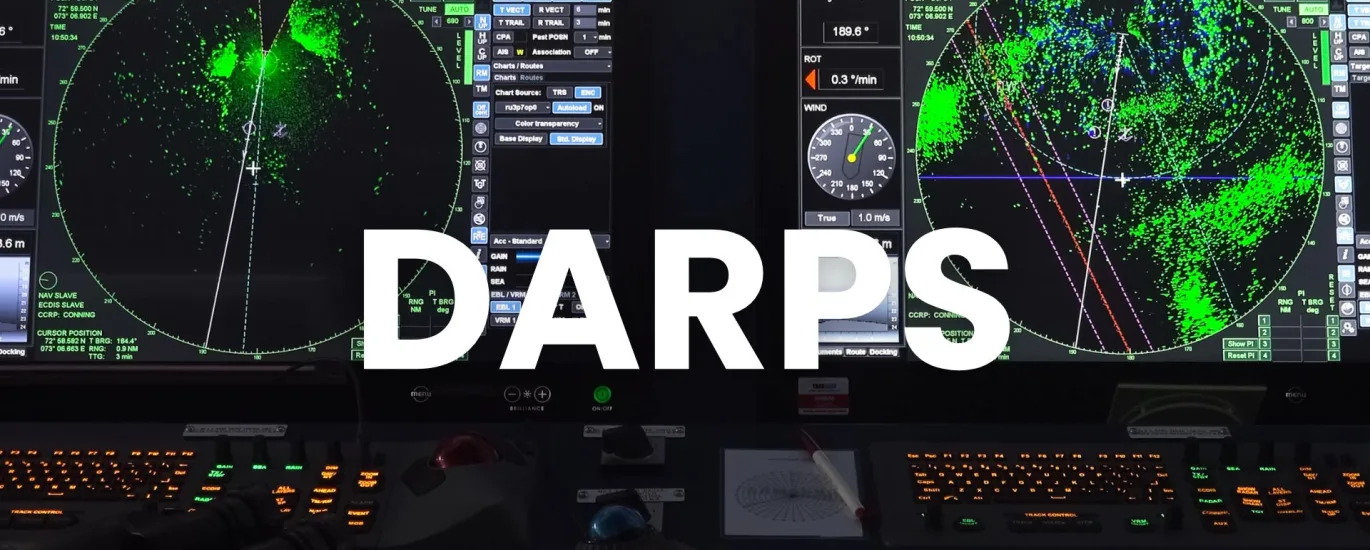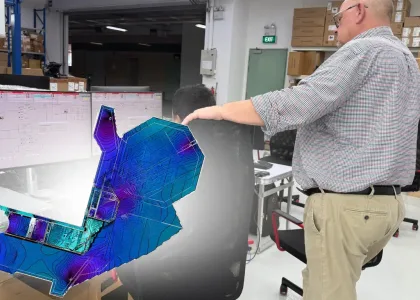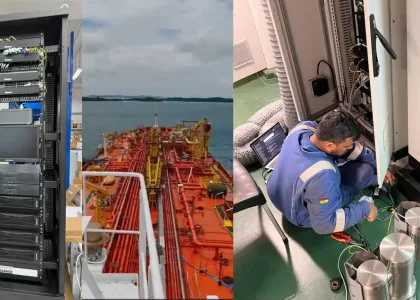Revolutionizing Maritime Navigation: The DARPS
The DARPS system represents a significant leap forward in maritime navigation technology. By combining the precision of DGPS with the reliability of radio positioning, DARPS offers unparalleled accuracy and safety for maritime vessels.
The Differential GPS Aided Radio Positioning System (DARPS), designed to improve the accuracy of maritime navigation and positioning, is fast becoming an integral part of modern vessels. Let’s explore what DARPS is, how it works, and the benefits it brings to the maritime world.
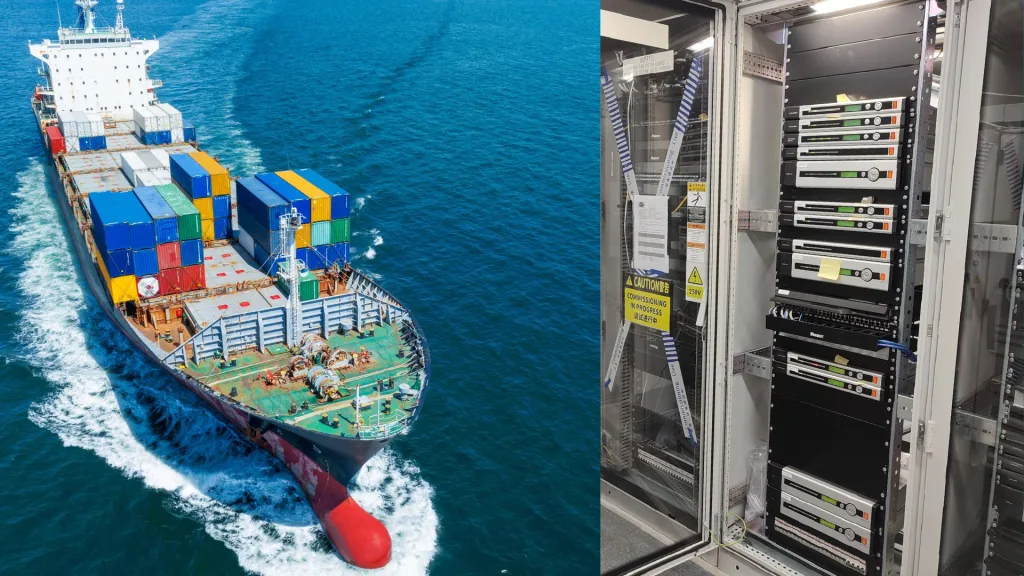
What is DARPS?
DARPS, or Differential GPS Aided Radio Positioning System, is a sophisticated navigation system that combines Differential Global Positioning System (DGPS) technology with radio-based positioning. The primary aim of DARPS is to provide highly accurate positioning data for ships, especially in challenging environments where traditional GPS signals may be unreliable or obstructed.
How Does DARPS Work?
DARPS enhances the standard GPS by using a network of reference stations that broadcast correction signals. Here’s a simplified breakdown of its functioning:
Reference Stations: Fixed ground stations receive GPS signals and calculate the difference between the known location and the GPS-determined location. This difference, or error, is used to generate correction signals.
Correction Signals: These correction signals are transmitted to nearby vessels equipped with DARPS receivers.
Vessel Receivers: Ships receive these correction signals and apply them to their GPS data, resulting in a significantly improved positional accuracy.
Radio Positioning: DARPS also incorporates radio positioning technology to further refine location data, especially useful in environments where GPS signals are weak or blocked.
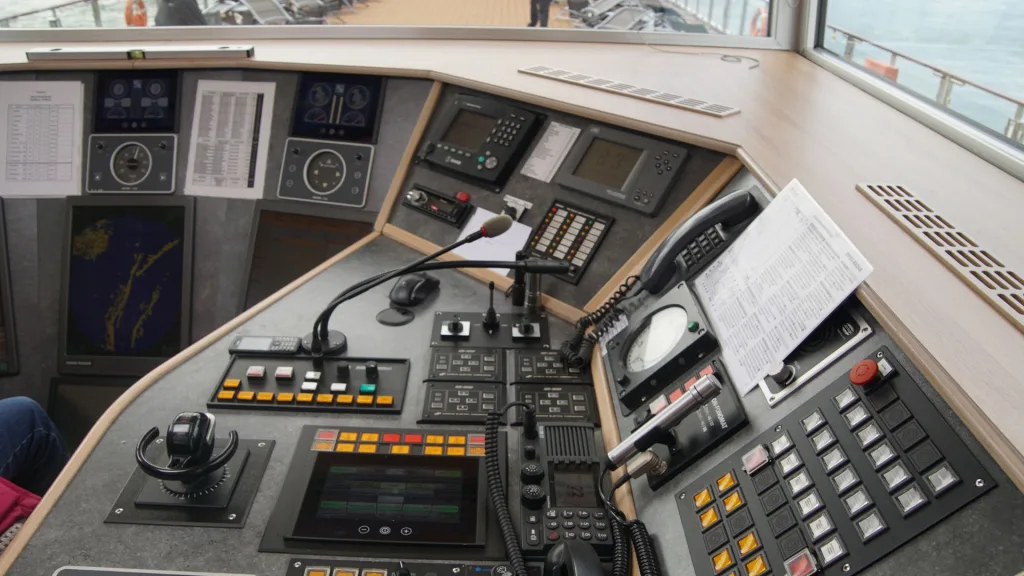
By integrating these technologies, DARPS ensures that maritime vessels have access to precise navigation information, reducing the risk of errors that can lead to accidents or inefficiencies.
Benefits of DARPS for Maritime Vessels
Enhanced Accuracy
The most significant advantage of DARPS is its enhanced accuracy. Standard GPS can have errors ranging from a few meters to several dozen meters. With DARPS, this error margin is reduced to just a few centimeters, providing pinpoint accuracy essential for safe navigation, especially in crowded or narrow waterways.
Improved Safety
Accurate positioning is critical for avoiding collisions, running aground, and navigating through hazardous areas. DARPS improves situational awareness for ship captains and navigation officers, leading to safer maritime operations.
Operational Efficiency
Precise navigation allows for more efficient route planning and fuel management. Ships can take the shortest and safest routes, reducing fuel consumption and operational costs. This efficiency is particularly beneficial for commercial vessels, where fuel savings directly impact profitability.
Reliable in Challenging Conditions
In adverse weather conditions or areas with poor satellite visibility, DARPS provides a reliable alternative. The integration of radio positioning ensures that vessels can maintain accurate navigation even when traditional GPS signals are compromised.
Support for Autonomous Vessels
As the industry moves towards autonomous and remotely operated vessels, DARPS will play a crucial role. Autonomous vessels require ultra-precise navigation data to operate safely and efficiently. DARPS provides the accuracy needed for these advanced maritime operations.
get the Right team
As more vessels adopt this system, we can expect a significant reduction in maritime accidents and an increase in operational efficiency.
Get the system designed and installed on your maritime vessel with minimum down time! Team Vivo is an expert team of engineers and technicians that are well versed in industry requirements and regulations.






